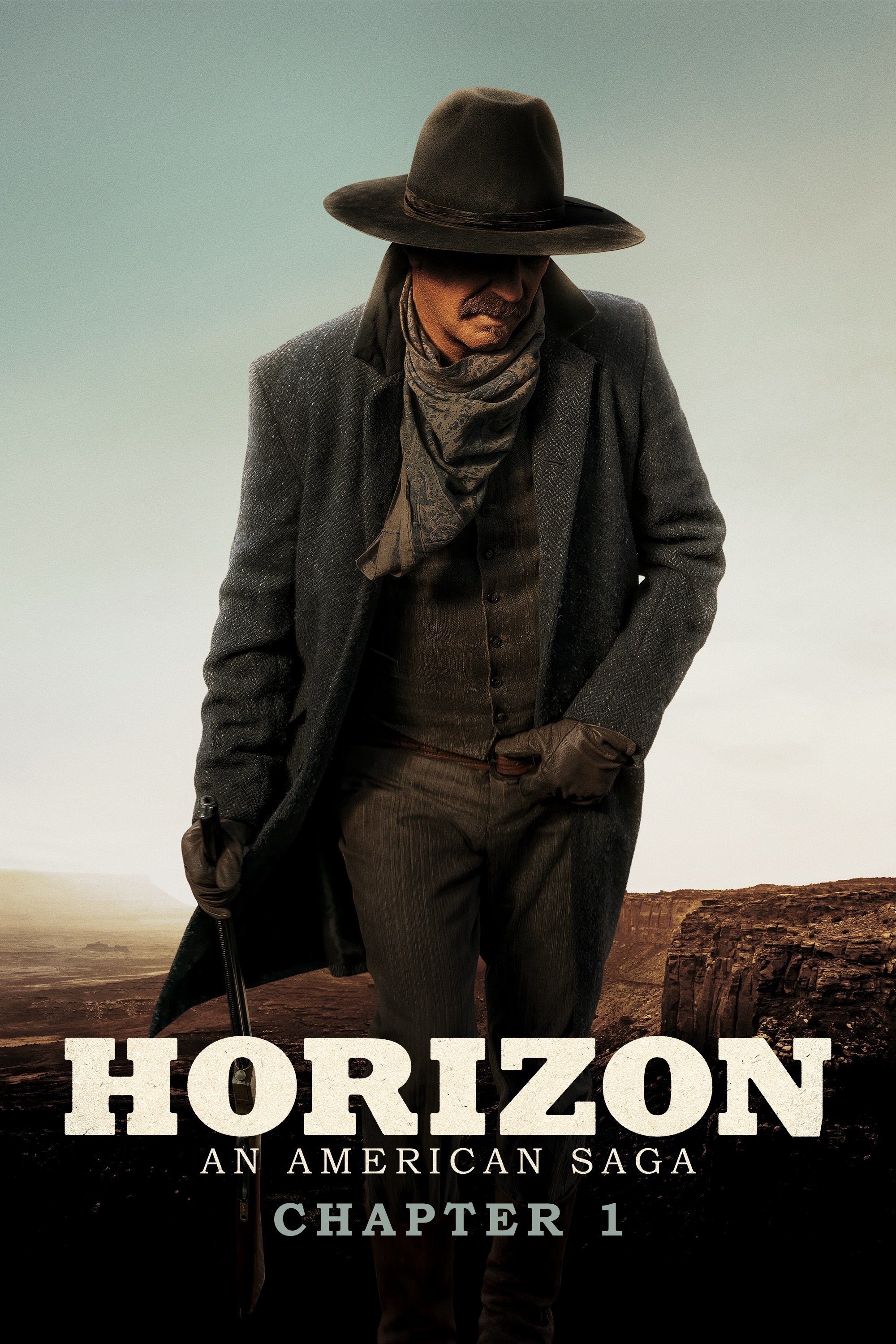
In 1859, families discover the lure of the Old West as they settle in territories from Wyoming to Kansas. Meanwhile, a gruff cowboy soon finds himself on the run with a prostitute and a young boy after killing a fellow gunman.

After losing their star player, a high school basketball team rooted in Native American culture must unite to keep their state championship dreams alive.
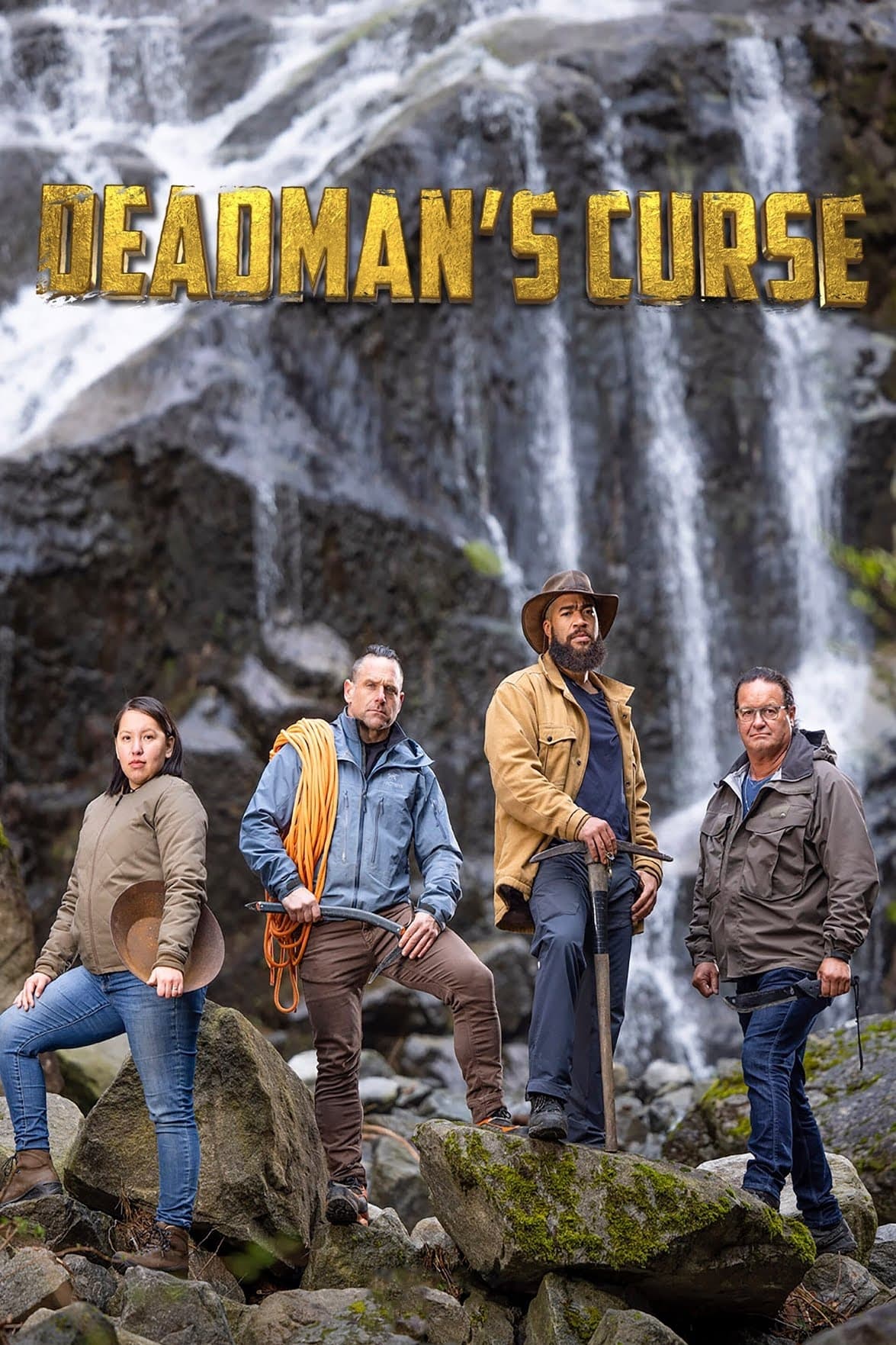
Taylor Starr, Adam Palmer, Kru Williams, and Don Froese band together to solve the legend of Slumach's lost gold mine.
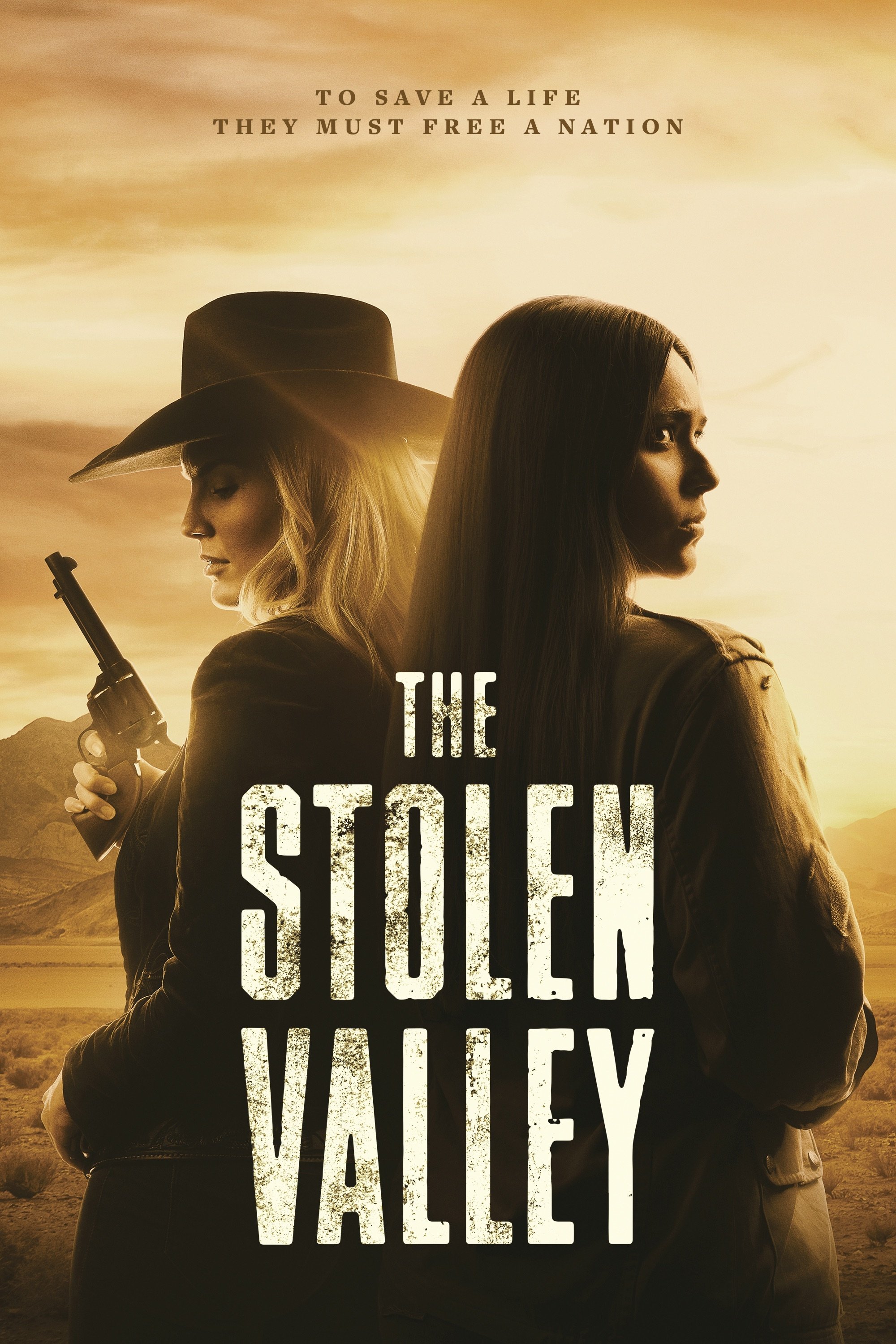
To save her dying mother, a Mexican-Navajo mechanic bands together with an outlaw cowgirl to confront a corrupt landowner.
Whilst embarking on a lesbian relationship with the new girl in town, a Métis woman’s life is rocked to the core when her estranged mother returns.
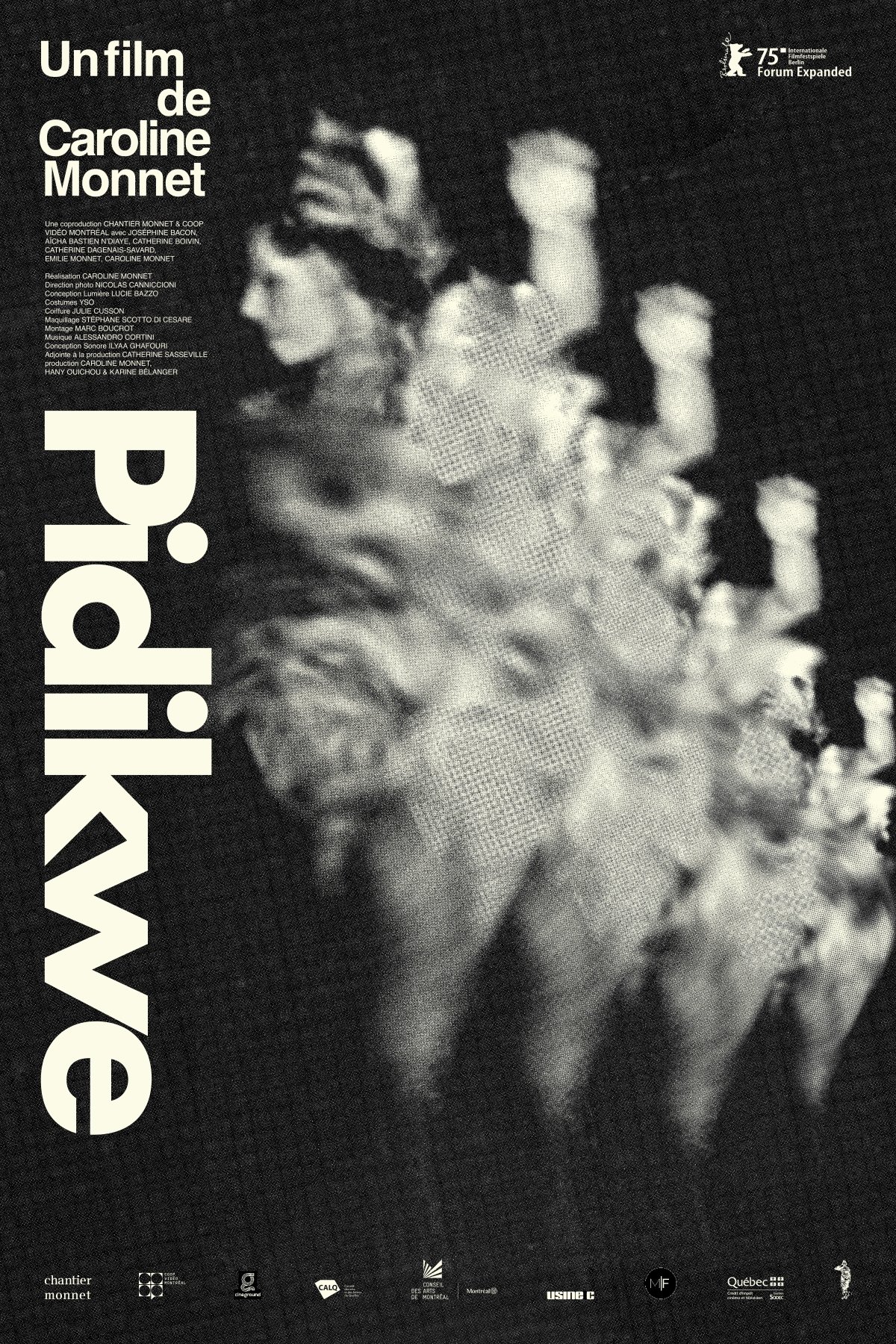
Featuring indigenous women of various generations, Pidikwe integrates traditional and contemporary dance in an audiovisual whirlwind that straddles the border between film and performance, somewhere between the past and the future.
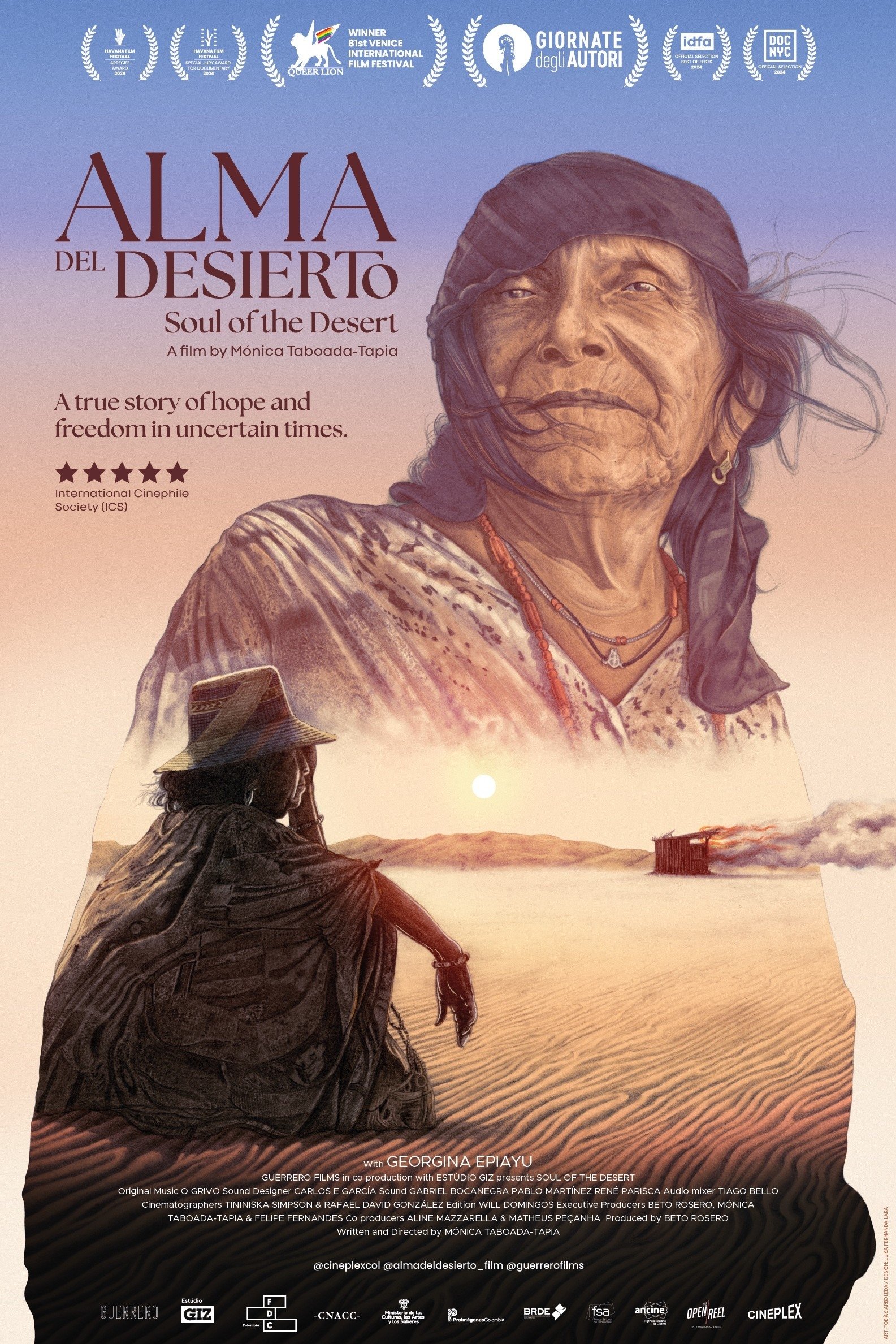
A documentary on the road that tracks the journey by Georgina, an elderly transgender woman forced to cross the sandy peninsula Guajira, on foot, to obtain the thing she has desired for almost half a century: a document that will hand her the right to be what she has always felt she was, and will allow her, at long last, to vote.
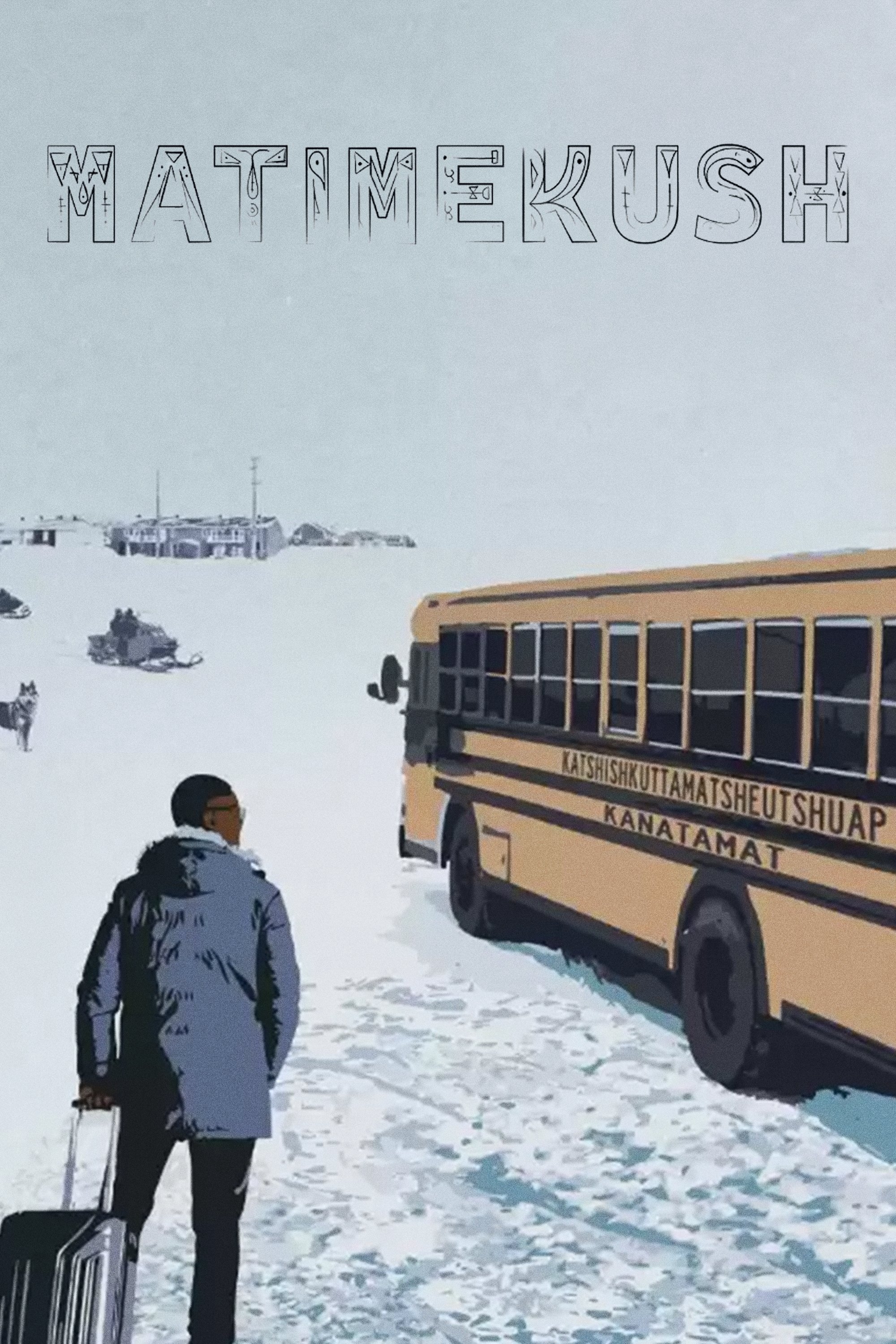
Matimekush is landlocked in the former mining town of Schefferville, 700 km north of Sept-Îles. It was founded in the 1950s, when the Canadian government and Iron Or forced the Innu to settle down. In Canada’s Far North, there is a dire labour shortage. At Kanatamat School, the heart of the community, most of the high school teachers are from Africa.
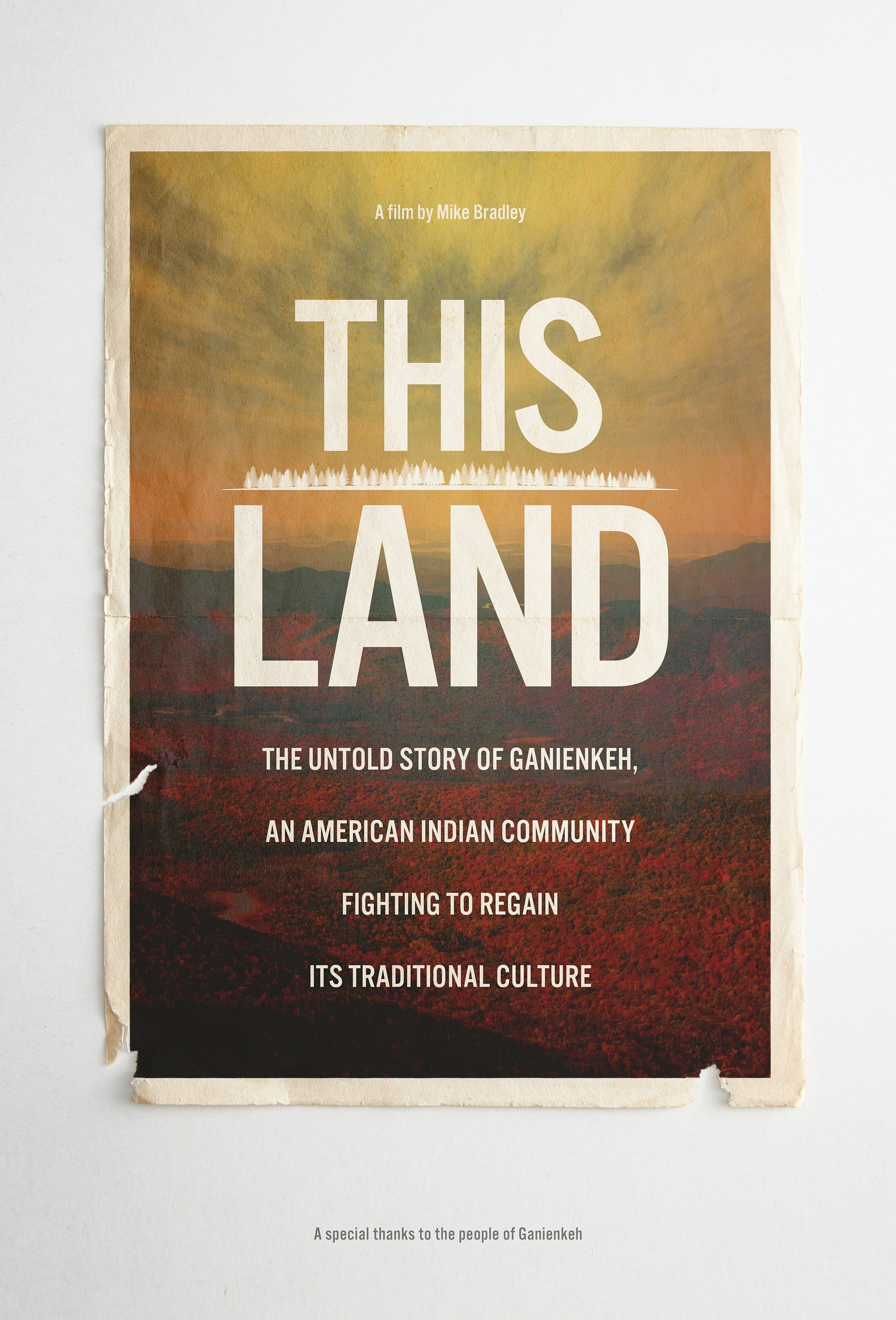
In 1974 a group of Mohawk Indians occupied a defunct girls camp in New York's Adirondack mountains and established a community they called Ganienkeh. Aiming to practice a more traditional lifestyle, and asserting aboriginal title to the land, they stayed for three years, having occasional violent clashes with the local residents. In 1977 they negotiated a (somewhat complicated) land swap with the State, and agreed to move to a permanent home near Plattsburgh, New York, where they remain today. Ganienkeh is one of the only examples of an indigenous people successfully reclaiming land from the United States, but it may not be the last.

Based in Gallup, NM, one radio station is unique in broadcasting exclusively in the Navajo language. Although the language has slightly declined over the generations, KGAK radio station has made it an everlasting and effective means of communication via radio broadcasting, as many Navajo people tune in to listen.
In the furthest corners of the planet, indigenous groups lead radically different lives. Bruce Parry visits three tribal communities who have never had outsiders to stay before.
Following young Anders and his father, Dr. Grant Bruno, of the Samson Cree Nation, this documentary gives viewers unique access to the world of an autistic child, and to follow his father’s journey to bring back traditional First Peoples perspectives in our contemporary world.
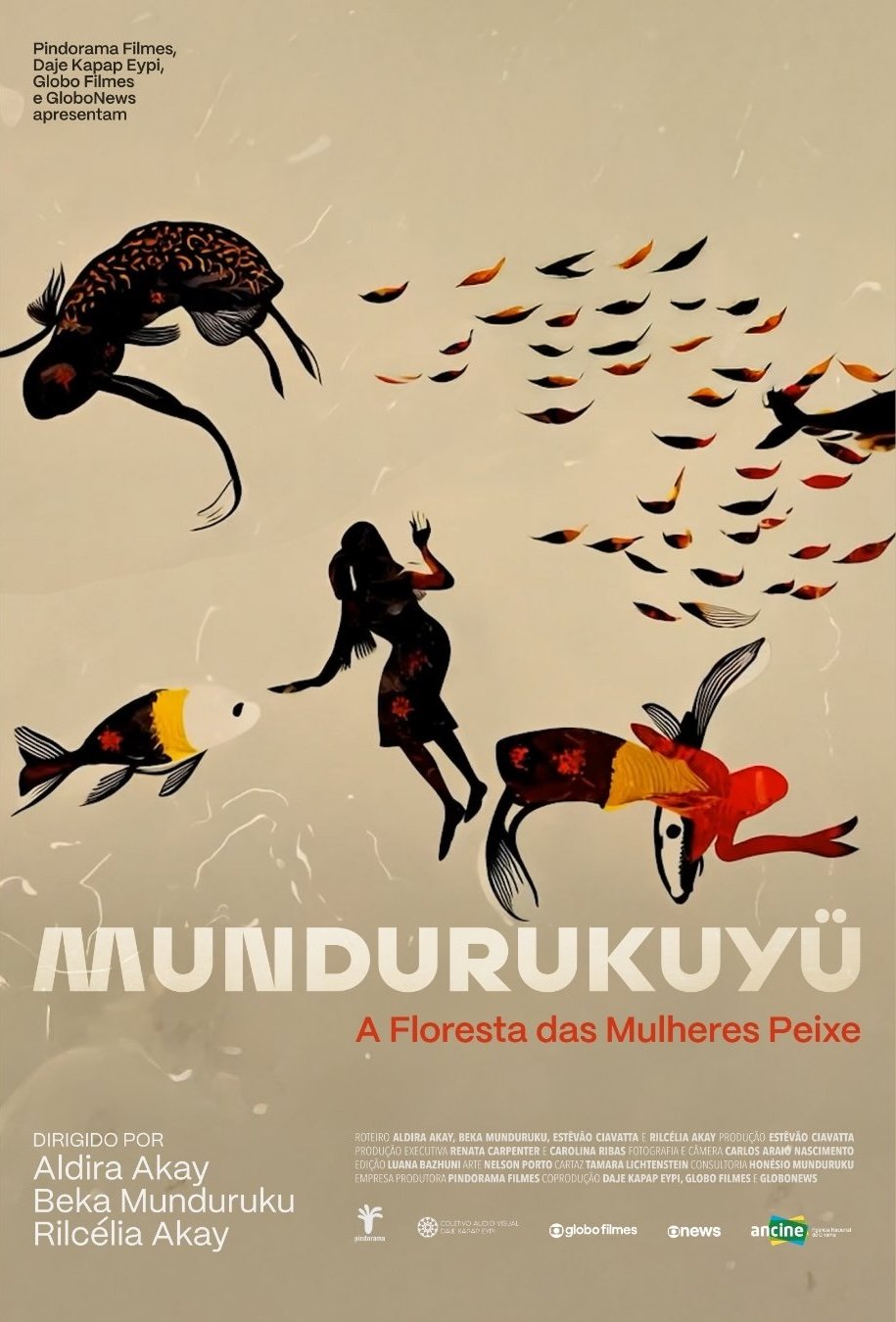
Using the camera as a weapon to defend their ancestral land in Brazil, three women of the Daje Kapap Eypi audiovisual collective lovingly record their Munduruku traditions and their mythology of humans transforming into forest plants and animals.
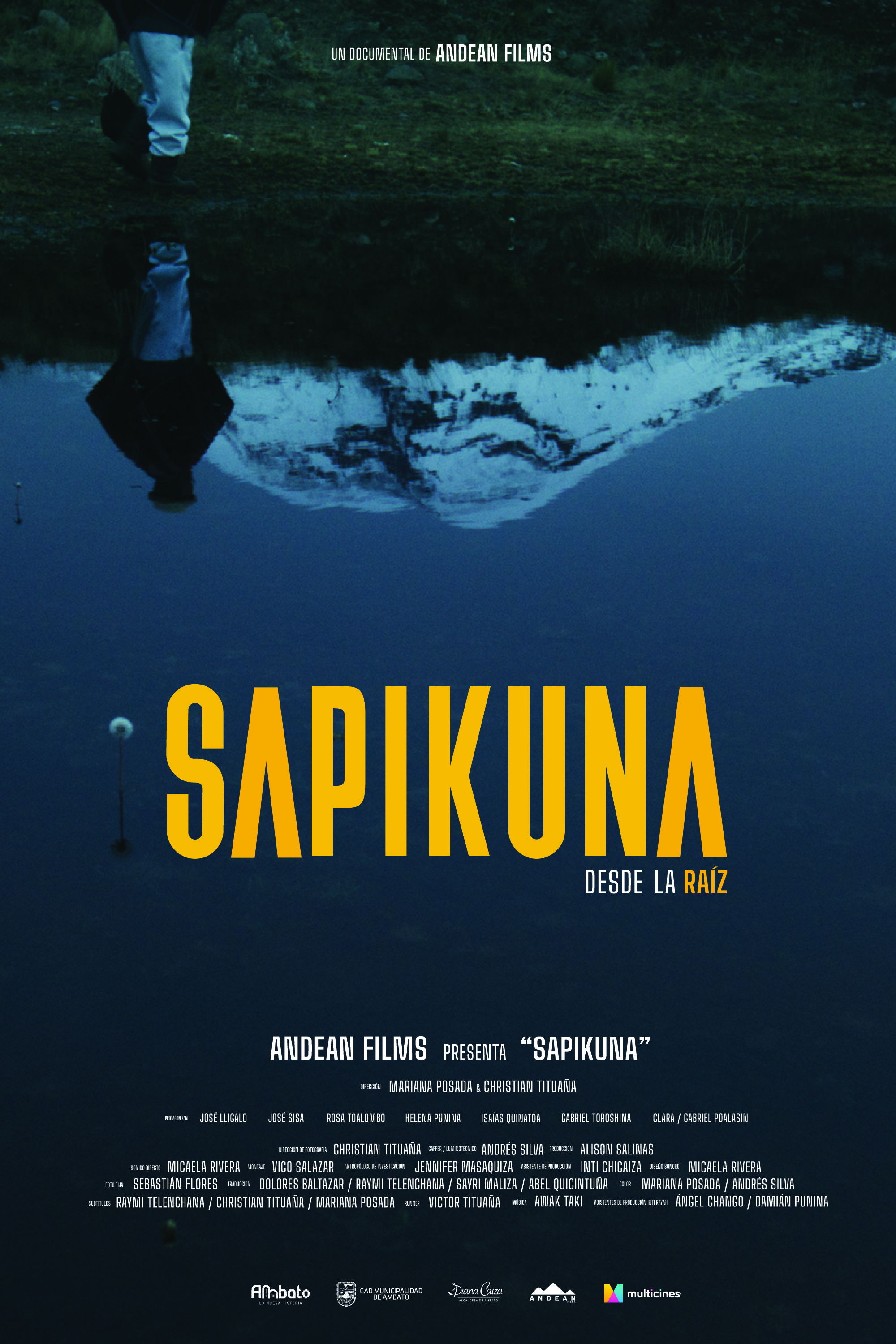
SapiKuna is a documentary exploring the ancestral knowledge of the Kichwa cultures in the Ecuadorian highlands. Through voices, rituals, and landscapes, it highlights the connection between memory, identity, and resistance.

“Nuuhkuum uumichiwaapim” (« My Grandmother’s Tipi ») is an exploration of the sensorial and textural experience of a grandmother’s tipi. It is based on memories of being in a tipi, observing in the bliss of cooking and the time in-between.
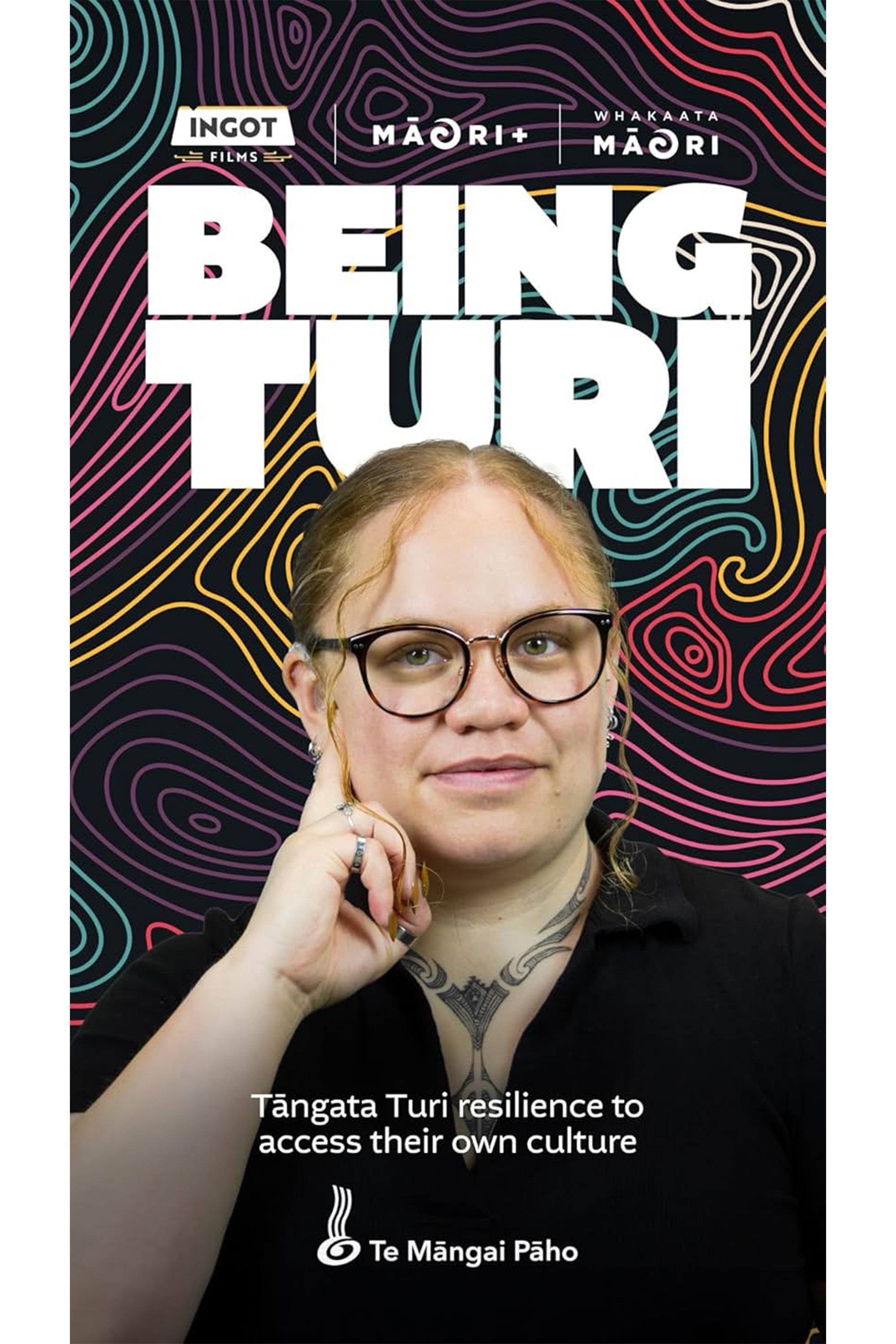
An interview-based documentary series that explores and illuminates the world of Turi-Deaf Maori in the current day. Over the course of five episodes, the fifteen interviewees from across Ngati Turi discuss their experiences, struggles and triumphs.
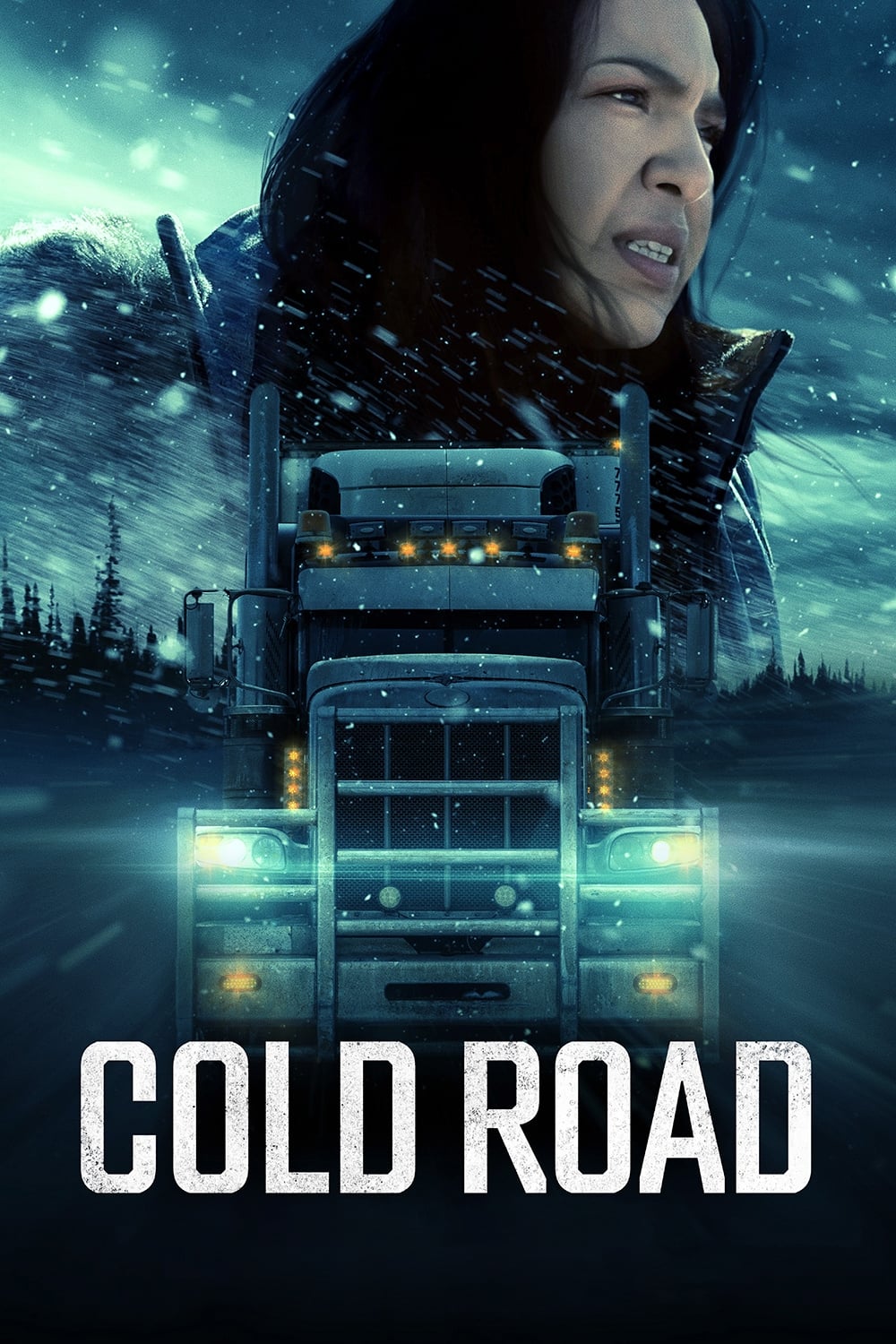
On a frozen remote highway in the Canadian North, an Indigenous woman and her dog are hunted by a stranger in a semi truck.
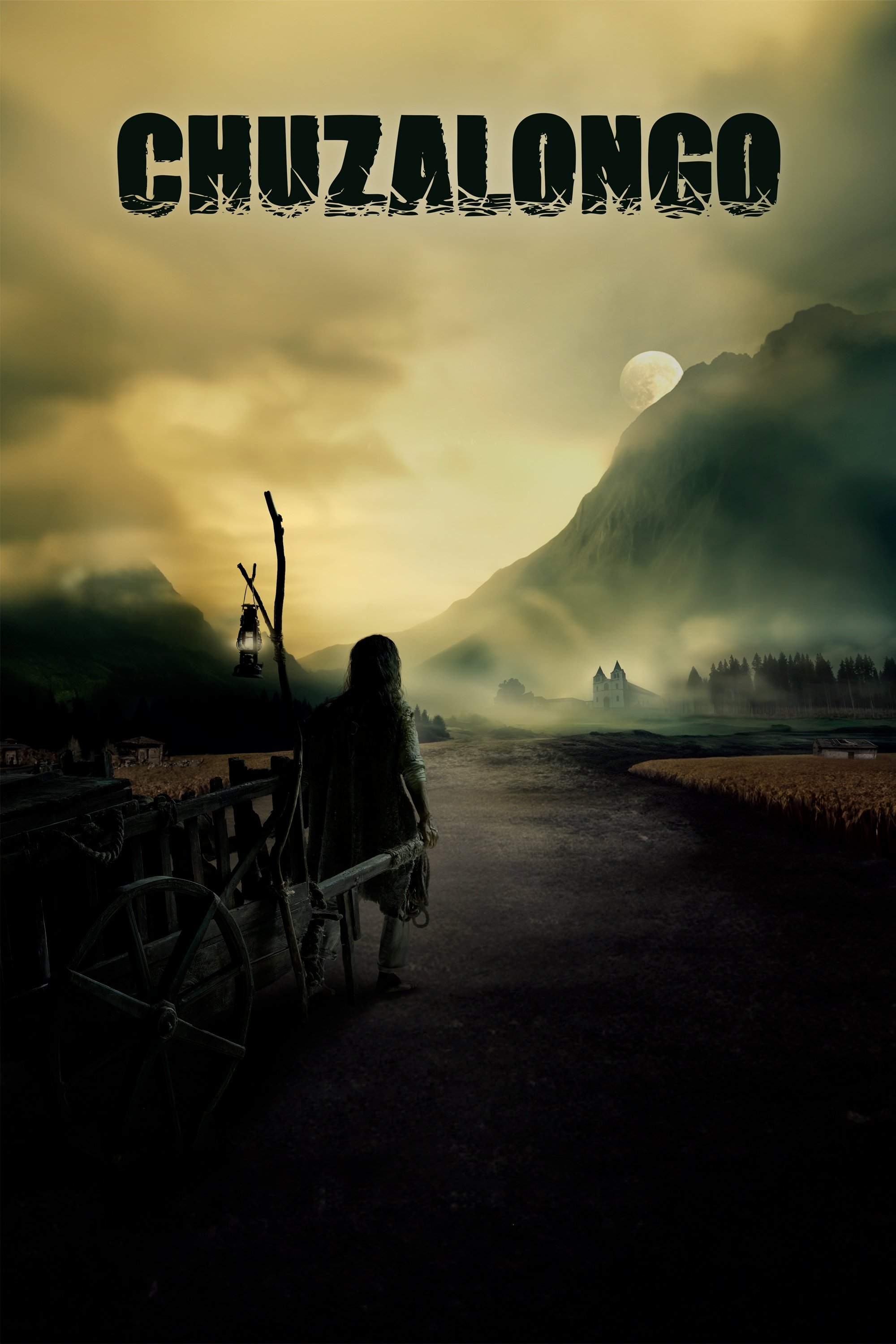
At the end of the 19th century, a boy appears in an Andean village. Nicanor, the village priest, discovers that the child’s blood causes the crops to bear fruit magically, but for the boy to live, he must be fed human blood.
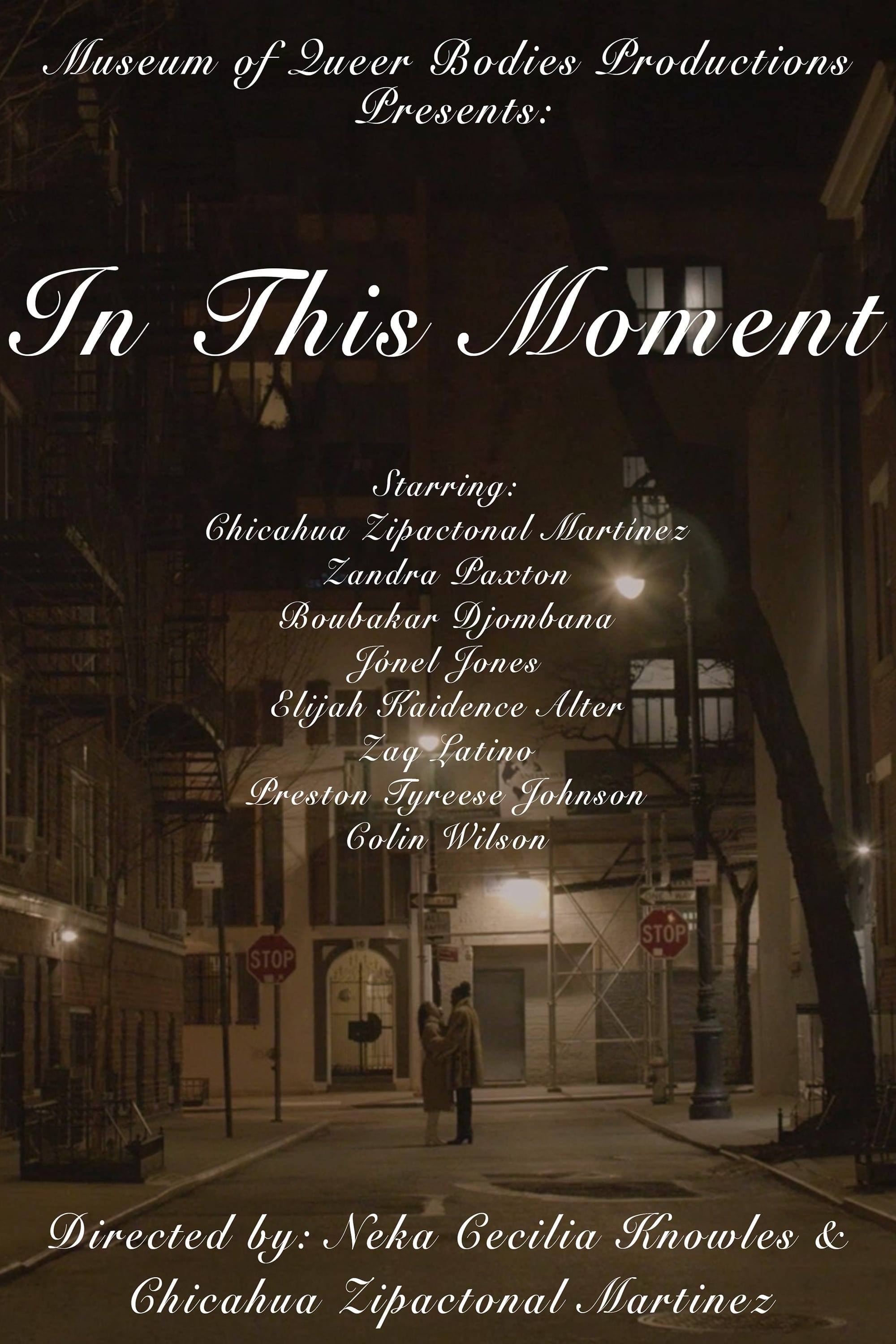
“In This Moment” follows Love, a trans woman navigating the complexities of polyamory and self-discovery in a world that often challenges her right to exist. As she unravels what it means to be truly seen and cherished, she confronts the ways love manifests—fluid, unpredictable, and boundless, much like the ocean itself. This story is a testament to resilience, intimacy, and the ever-shifting tides of identity and belonging.
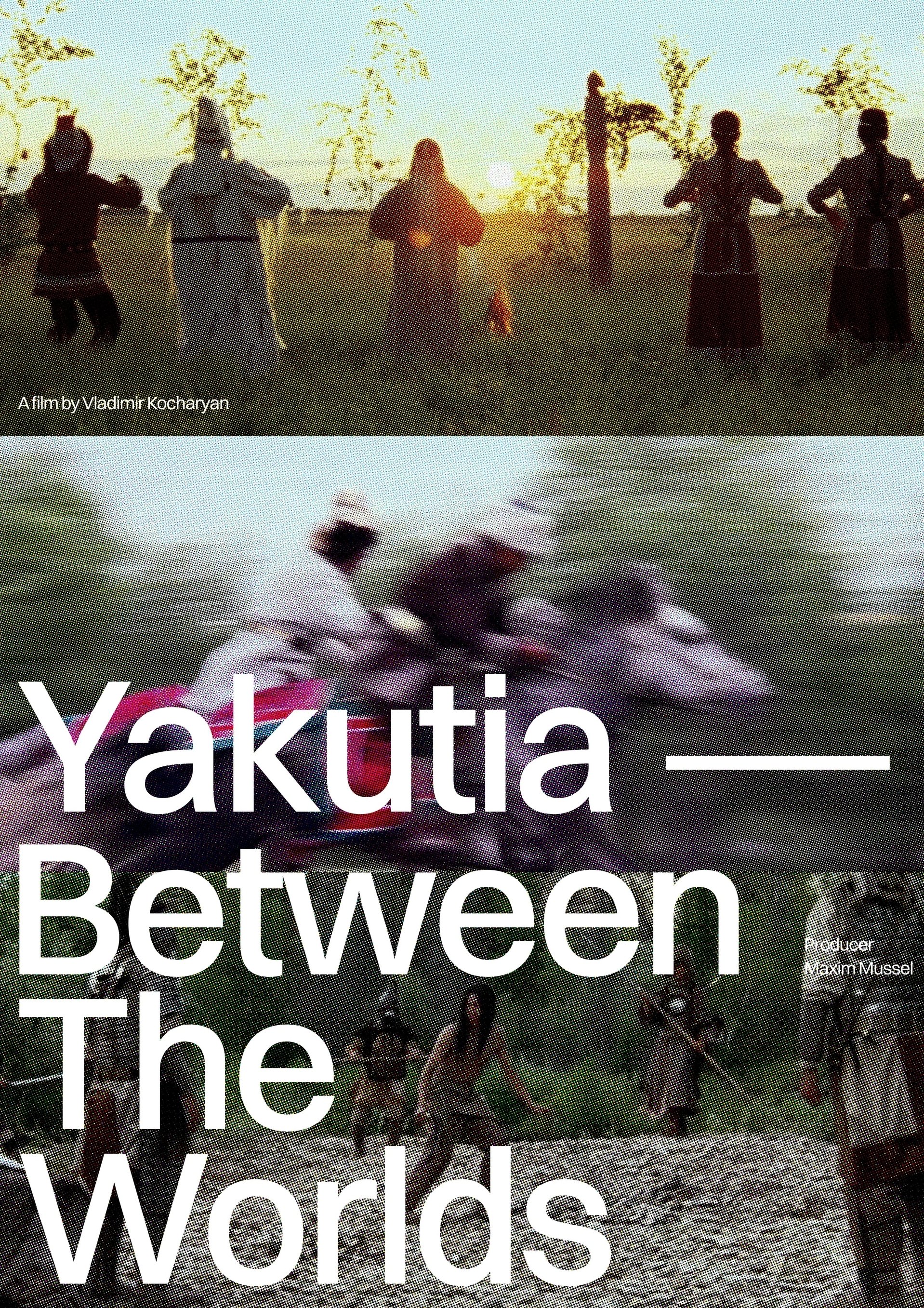
A documentary road movie. Traveling across his homeland, the filmmaker explores what Yakut cinema is, and what it means to the Sakha people and to himself.
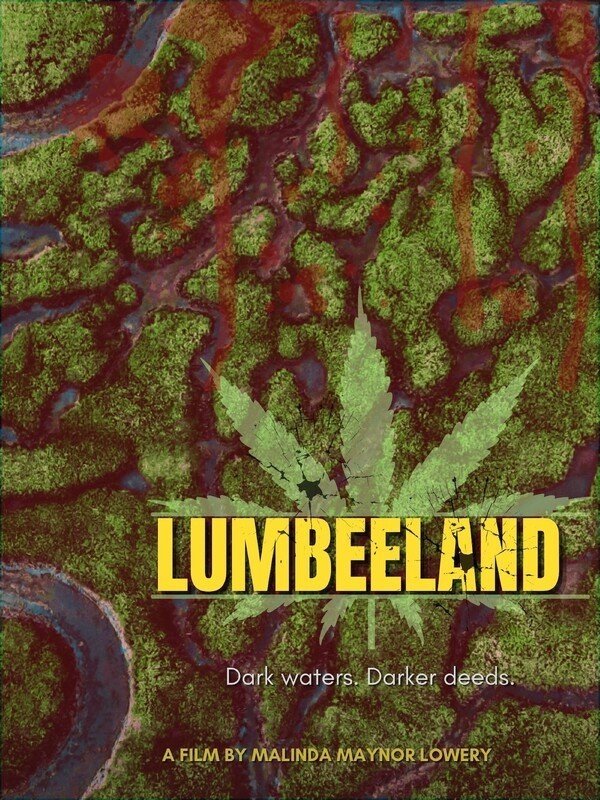
To gain his independence, a quick-tempered drug dealer must escape the shadow of his kingpin grandfather in a devout Native American community.
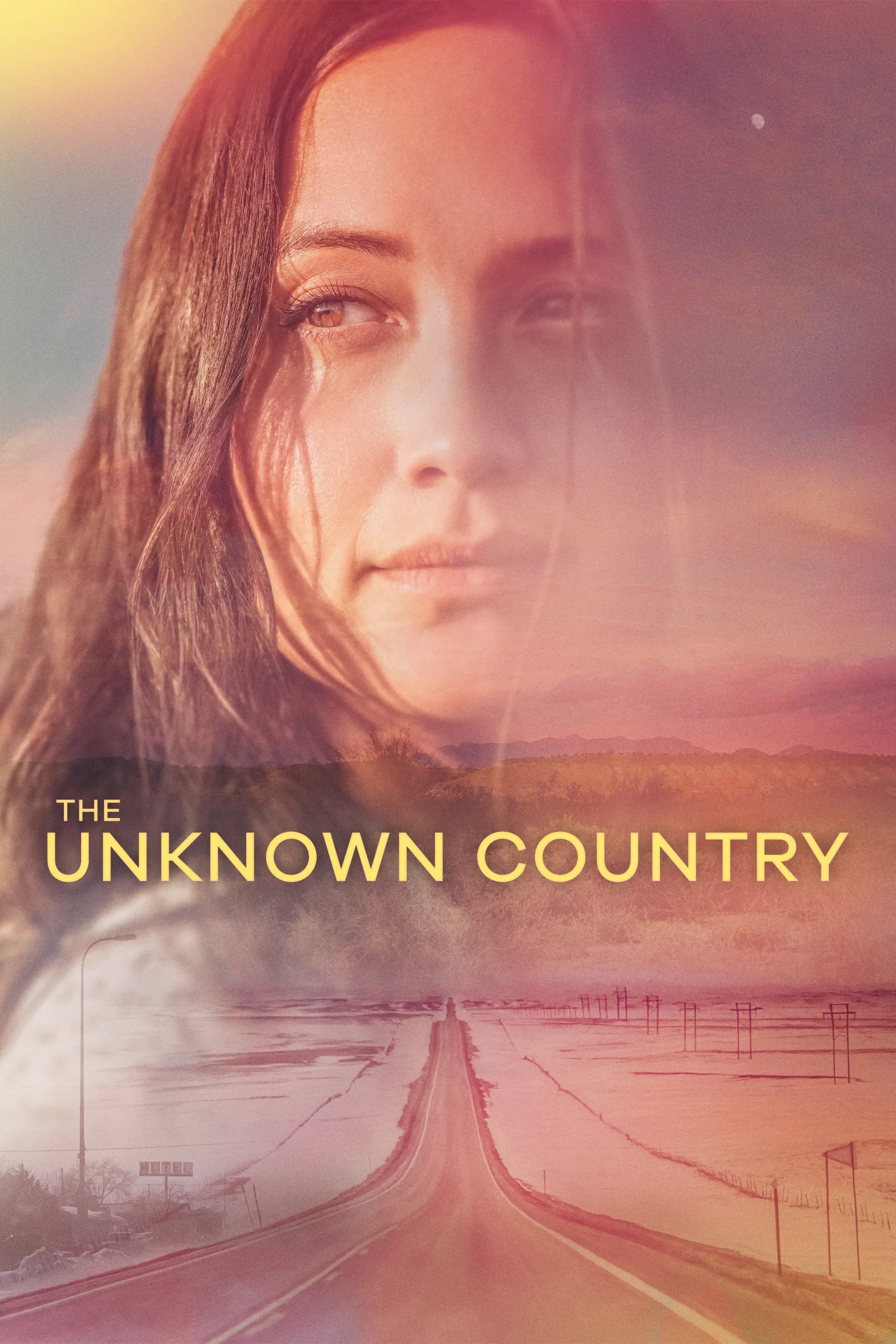
A grieving woman embarks on an unexpected road trip as she grapples with the pain of her recent loss and seeks to understand her place in the world.
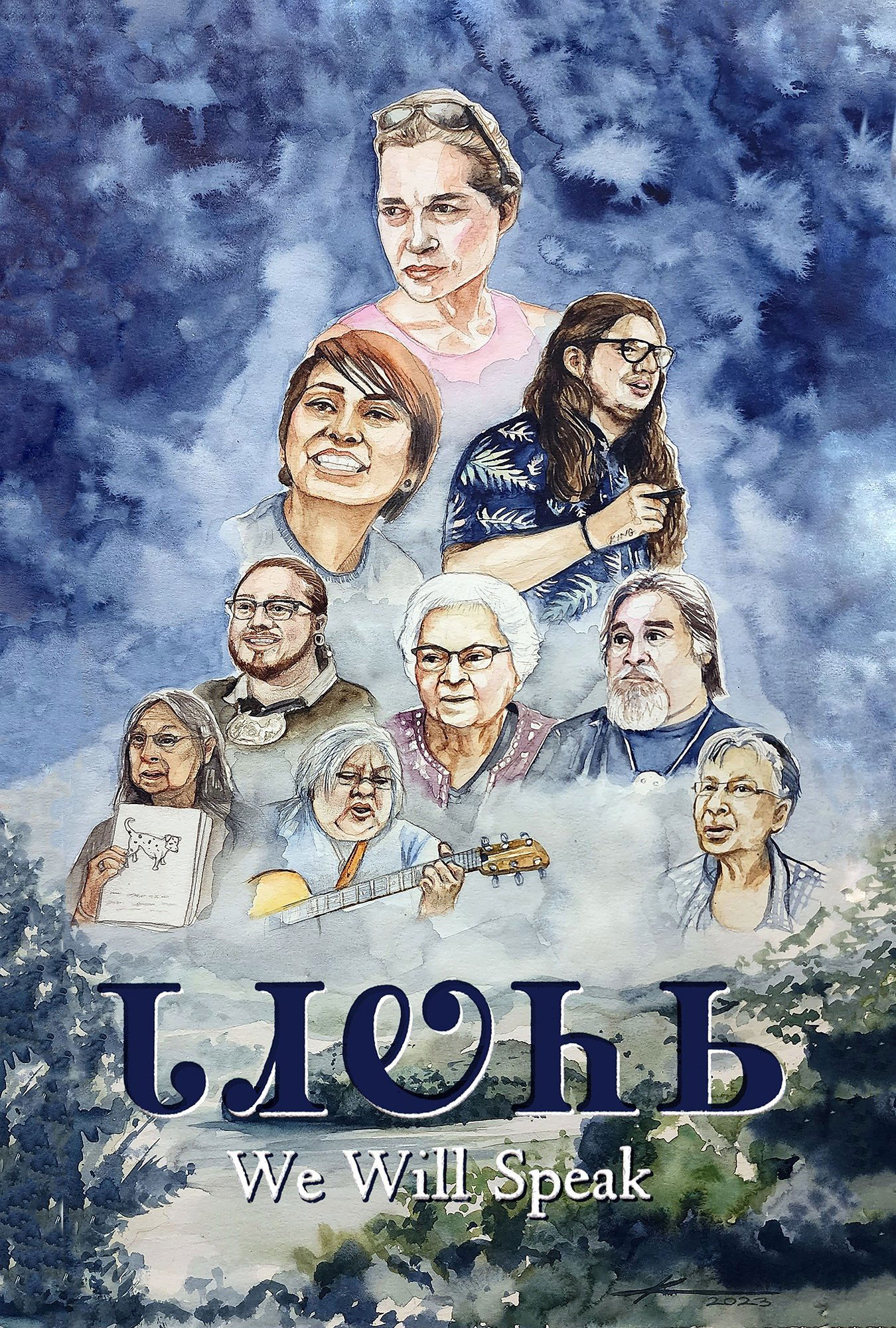
The Cherokee language is deeply tied to Cherokee identity; yet generations of assimilation efforts by the U.S. government and anti-Indigenous stigmas have forced the Tri-Council of Cherokee tribes to declare a State of Emergency for the language in 2019. While there are 430,000 Cherokee citizens in the three federally recognized tribes, fewer than an estimated 2,000 fluent speakers remain—the majority of whom are elderly. The covid pandemic has unfortunately hastened the course. Language activists, artists, and the youth must now lead the charge of urgent radical revitalization efforts to help save the language from the brink of extinction.
By browsing this website, you accept our cookies policy.